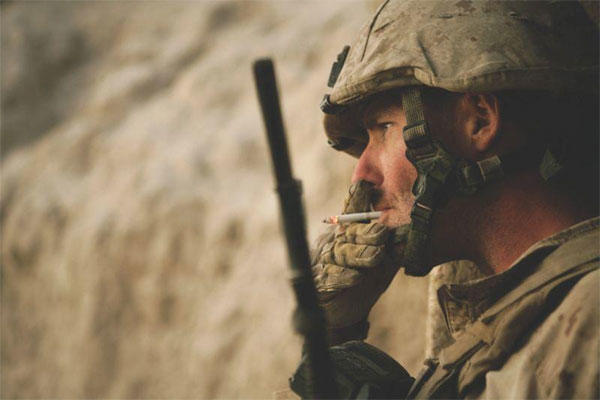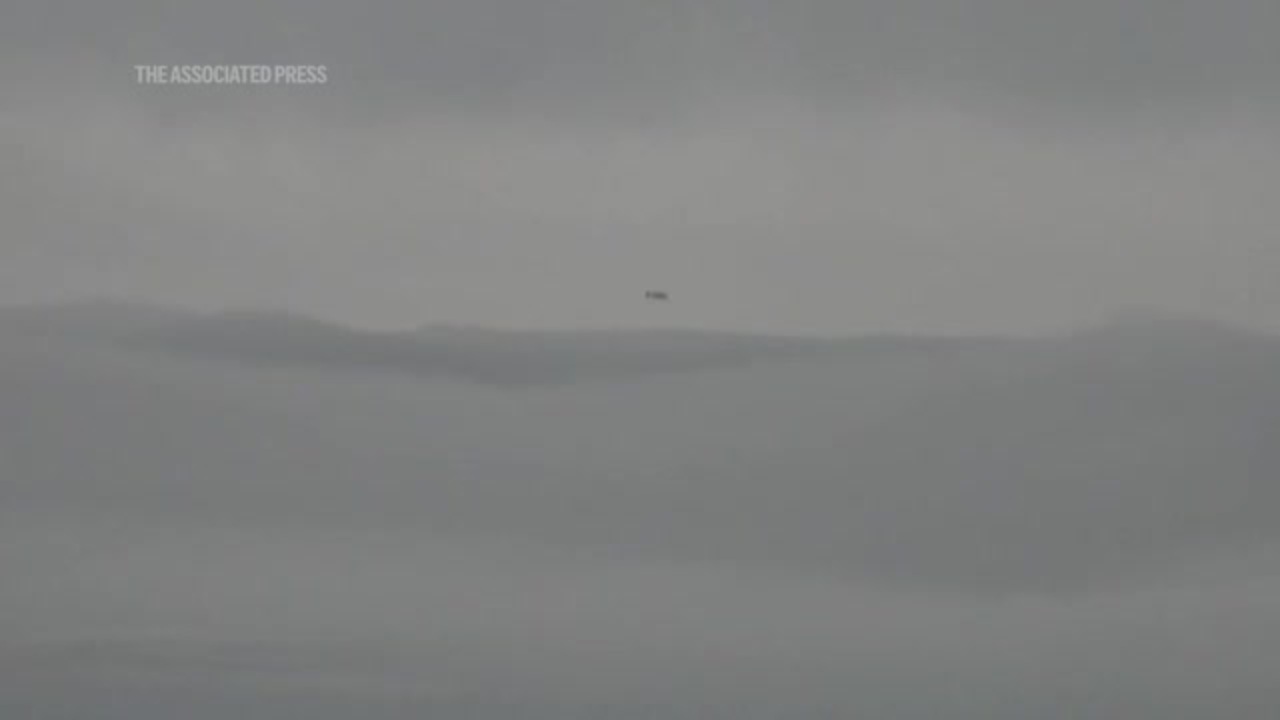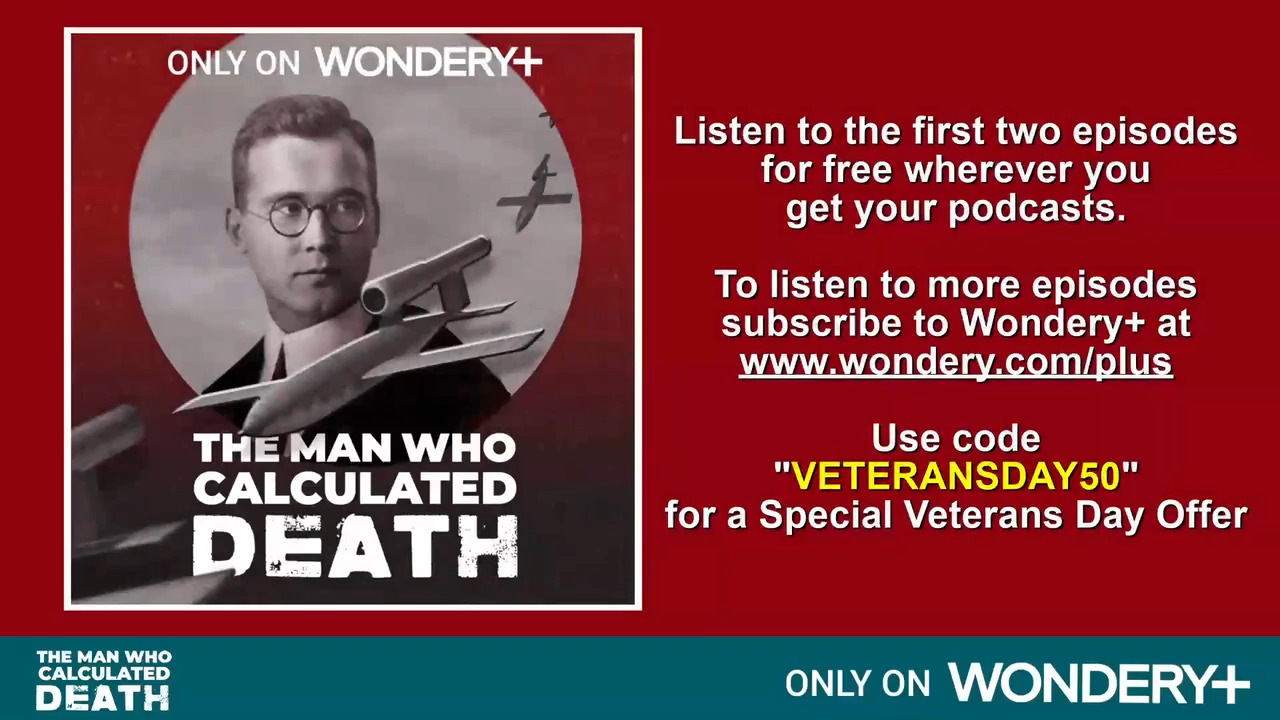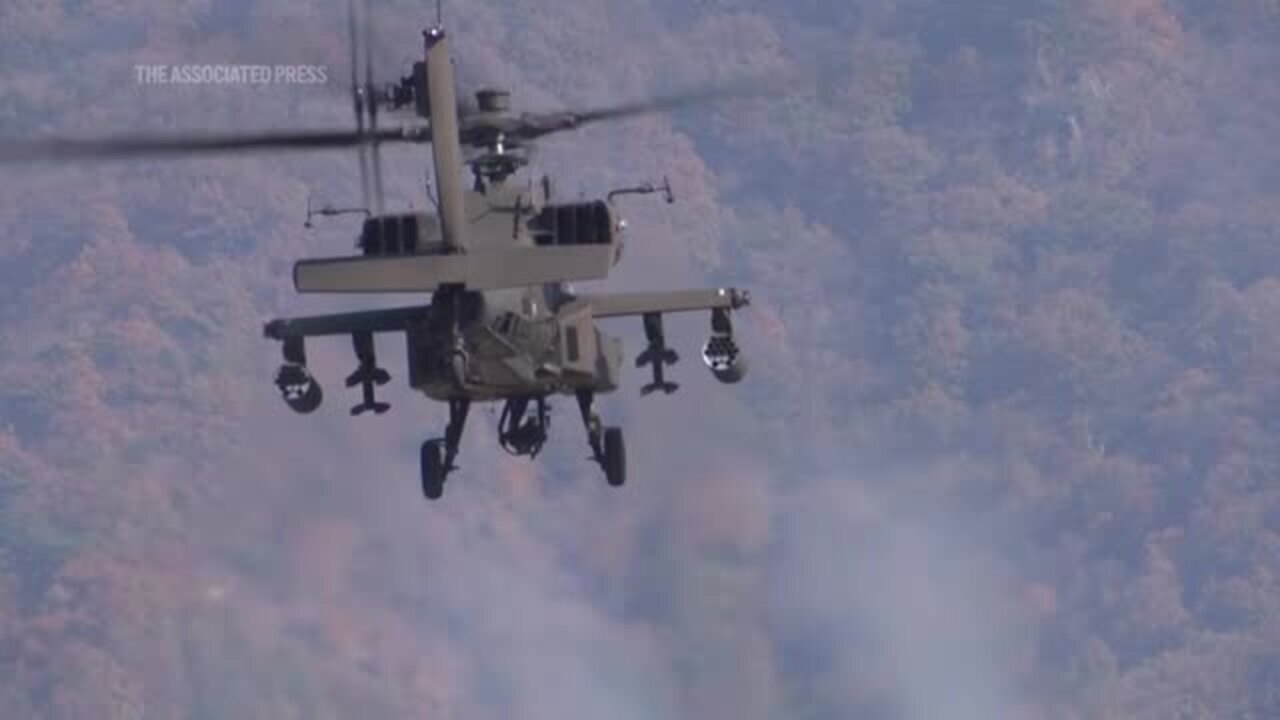Smoking cessation drugs now are available at no charge through the TRICARE Mail Order Program for service members, military family members and retirees under age 65 who want to kick this unhealthy habit.
The free cessation drugs finally are available almost five years after Congress ordered them. The free medicines are part of a wider smoking cessation program that lawmakers told the Department of Defense to establish under provisions of the fiscal 2009 defense authorization act.
The same law also directed TRICARE to boost long-standing smoking cessation efforts with in-person counseling, access to print and web-based material on health effects of tobacco, and a 24-hour, toll-free "quit line" with counselors to assess readiness of smokers to quit and recommend ways to address their nicotine dependency.
The smoking cessation program, including mail-order drugs, patches, gums, lozenges and sprays, is not available to beneficiaries eligible for Medicare, which means the TRICARE for Life population. This is set in law to hold down costs. It also is not available outside the United States except to active duty members and families enrolled in TRICARE Prime overseas.
The toll-free quit line likely will not be available overseas because of "technological barriers and costs involved in providing this service," TRICARE officials explained in a final rule published in the Federal Register Feb. 27.
Free mail-order drugs include heavily promoted medicines such as varenicline (brand name Chantix) and buproprion (Zyban), and popular nicotine replacement including patches and inhalers. All of them will require a prescription and "we can’t guarantee that every med will be available to every individual," said a TRICARE official. "That’s still a doctor’s call based on the person’s health and other medications."
Many of these drugs also are being stocked at base pharmacies to be available at no charge. How base pharmacies handle TRICARE for Life patients with prescriptions for these drugs is to be a local issue, officials explained. Even though Medicare-eligible beneficiaries are excluded from the smoking cessation program, drug access policies vary by base. Therefore, elderly smokers should check with their base pharmacy to learn if they can access cost-free smoking cessation drugs too, said officials.
The estimated cost of dispensing free smoking-cessation drugs by mail is $24 million a year. Congress approved this to try to drive down smoking-related diseases and long-term health costs. It was estimated in 2007 that tobacco-related diseases cost the military at least $500 million a year.
Health effects of smoking, including cancers, respiratory diseases and heart ailments, kill 443,000 Americans annually, the Centers for Disease Control and Prevention report. Smoking causes 90 percent of lung cancer deaths in men and 80 percent in women, the CDC experts estimate.
The military has a higher incidence of tobacco use than the U.S. adult population overall. The most recent DoD Health-Related Behaviors Survey, from 2011, found 24.5 percent of the military use cigarettes "in the past 30 days" versus 20.6 percent of civilians. Marines had the highest smoking rate of the armed services at 31.9 percent. Air Force is lowest at 17.2 percent.
Smokeless tobacco usage is 12.8 percent in the military versus only 2.3 percent among civilians. Again, Marines report the highest smokeless usage rate at 21.3 percent, and Air Force the lowest rate with 8.7 percent.
Among heavy cigarette smokers, 45 percent endorse prescription medication as the preferred form of treatment for their nicotine dependence.
TRICARE officials published a proposed rule on free home delivery of smoking cessation medicines in September 2011. Most public comments were positive. A few questioned why the meds would not be available in the TRICARE retail pharmacy network. Officials said mail order is more cost-effective and won’t be a barrier to seeking care for most beneficiaries.
The National Community Pharmacists Association commented that some retail pharmacists could provide face-to-face cessation counseling. But TRICARE officials said retail pharmacists "are not recognized as authorized TRICARE independent providers" so counseling would not be a covered benefit and pharmacists could not be paid for such services.
Also, officials explained, the mail order program provides around-the-clock access to pharmacists via a toll free phone number, and with every drug comes "complete written instructions for use, side effects, adverse effects, warning and telephone numbers for questions."
Smokers will be allowed two "quit attempts" a year and still stay eligible for counseling sessions and medicines. Even a third quit attempt may be covered "with physician justification and pre-authorization." One respondent to the proposed rule said this was too lax and would waste TRICARE resources in allowing more years of coverage and more quit tries.
But TRICARE officials said extensive research revealed that, on average, smokers need seven attempts to finally quit. And when they do, future TRICARE costs are reduced.
More information on the cessation program is available at: www.tricare.mil/quittobacco. A DoD quit tobacco website, with more resources and a live chat feature, can be found at: www.Ucanquit2.org.
COMMISSARY CLOSINGS
Stateside commissaries now plan to close Mondays, rather than Wednesdays, from May through September if civilian employees are furloughed due to automatic budget cuts of sequestration.
The switch in plans results from a negotiation this month between the Defense Commissary Agency and the American Federation of Government Employees, which represents many commissary employees.
Defense officials last Friday told agencies and departments to delay furlough notices to allow time to assess how the 2013 defense appropriation bill passed by Congress last week impacts total operating dollars.
To comment, write Military Update, P.O. Box 231111, Centreville, VA, or email milupdate@aol.com or twitter: Tom Philpott @Military_Update






























